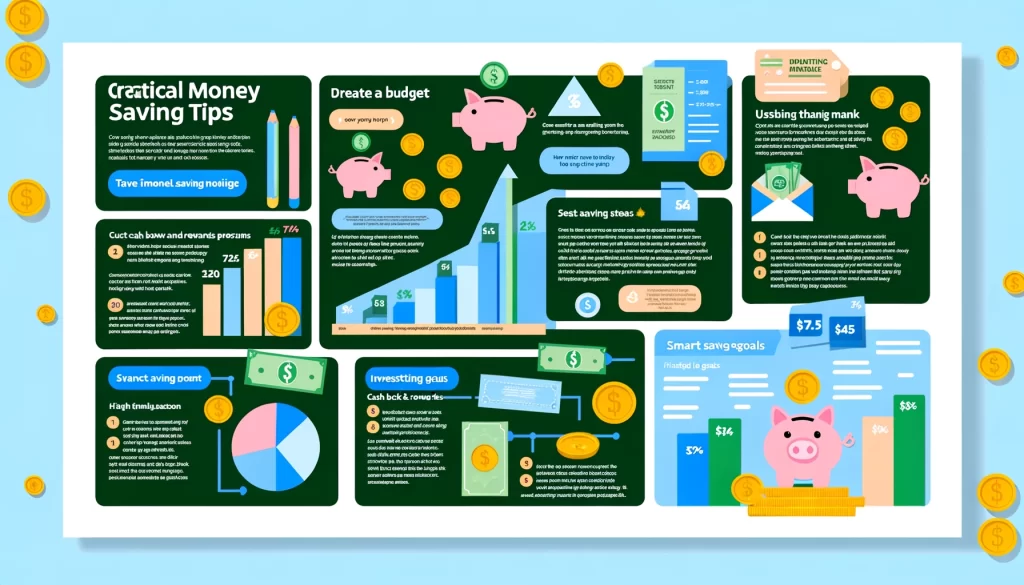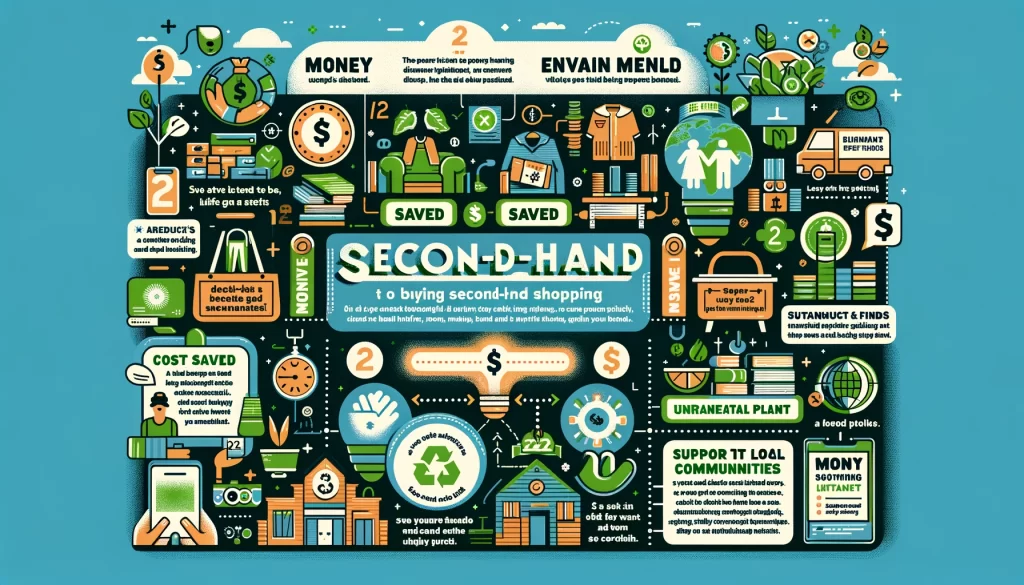In an era where financial stability seems like a distant dream for many, mastering Money Saving Tips has become more crucial than ever. Whether you’re navigating through economic uncertainties or planning for your future, adopting effective money saving strategies can significantly impact your financial health. Below, we explore ten timeless tips that can guide you towards achieving your financial goals and securing a prosperous future.
Understanding the Importance of Money Saving Tips
Budgeting is the cornerstone of financial planning. It involves tracking your income and expenses to understand where your money is going. By creating a detailed budget, you can identify unnecessary expenditures and reallocate those funds towards savings. A well-structured budget not only helps in managing your finances efficiently but also in setting realistic savings goals.

The Art of Living Below Your Means
Living below your means is a powerful strategy for accumulating wealth over time. It involves spending less than you earn and avoiding lifestyle inflation, where increased income leads to higher spending. Embracing frugality and prioritizing needs over wants can free up more money for savings and investments.
The Magic of Compounding Interest
Understanding the concept of compounding interest can motivate you to start saving early. Compounding interest means earning interest on your interest, and over time, even small savings can grow into substantial amounts. By investing in savings accounts or financial instruments that offer compounding interest, you can significantly enhance your wealth.

Eliminating High-Interest Debt
High-interest debt, such as credit card debt, can hinder your savings efforts. The interest on these debts can accumulate quickly, making it challenging to pay off the balance. Prioritizing the repayment of high-interest debts can free up more money for savings and reduce financial stress.
Adopting a DIY Attitude
A do-it-yourself (DIY) attitude can lead to substantial savings. Whether it’s home repairs, cooking, or crafting, learning to do things yourself can reduce your reliance on paid services and products. This approach not only saves money but also enriches your skills and creativity.
The Benefits of Buying Second-Hand
Purchasing second-hand items can lead to significant savings without compromising on quality. From clothing to electronics, many gently used items are available at a fraction of the cost of new ones. Thrift stores, online marketplaces, and garage sales are excellent sources for finding second-hand treasures.

Planning Meals and Reducing Food Waste
Meal planning is an effective way to save money on groceries and minimize food waste. By planning your meals, you can buy only what you need, take advantage of sales, and avoid last-minute takeout. Reducing food waste not only saves money but also contributes to environmental sustainability.
The Power of Negotiation
Negotiating bills and services can lead to unexpected savings. Many service providers offer discounts or better rates to retain customers. Whether it’s your phone bill, insurance, or credit card fees, it doesn’t hurt to ask for a better deal. The savings from successful negotiations can add up over time.
Setting Up Automatic Savings
Automating your savings can help in building your nest egg without much effort. Setting up automatic transfers to a savings account ensures that a portion of your income is saved before you have a chance to spend it. This “pay yourself first” approach guarantees that your savings goals are consistently met.
Investing in Your Education
Investing in your education and skills can lead to higher income and better saving opportunities in the long run. Whether it’s pursuing a degree, obtaining a certification, or attending workshops, continuous learning can enhance your employability and earning potential. This, in turn, can provide more flexibility in your saving and investment choices.
By incorporating these timeless money saving tips into your financial strategy, you can build a solid foundation for your financial future. Remember, the journey to financial freedom starts with small, consistent steps. With patience, discipline, and a proactive approach to managing your finances, achieving your financial goals becomes not just a possibility but a reality.